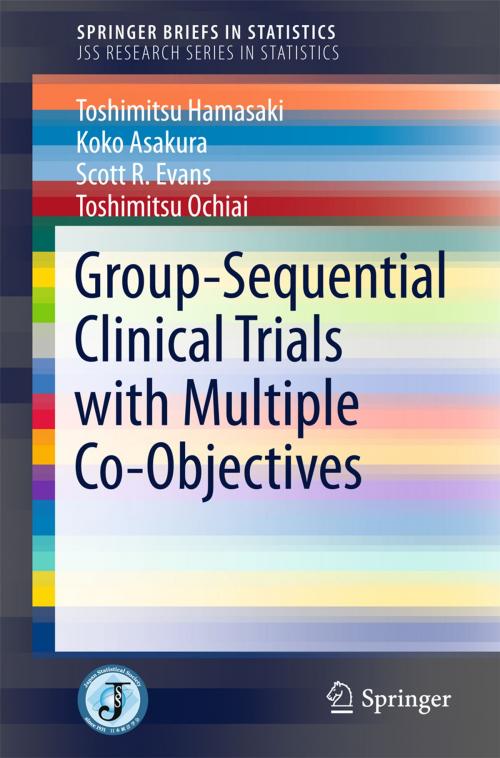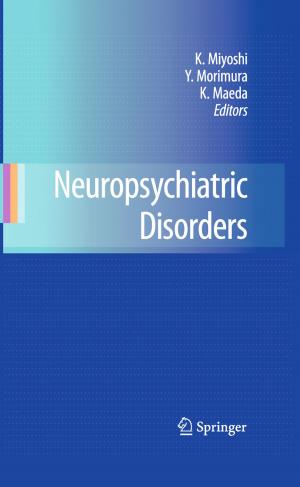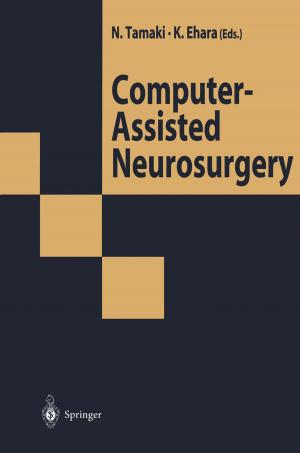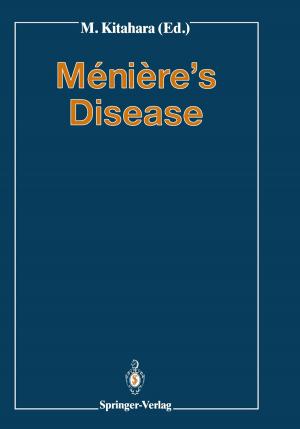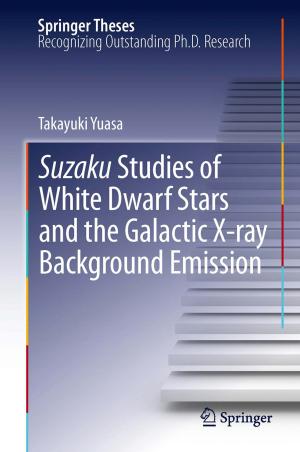Group-Sequential Clinical Trials with Multiple Co-Objectives
Nonfiction, Health & Well Being, Medical, Reference, Biostatistics, Science & Nature, Mathematics, Statistics| Author: | Toshimitsu Ochiai, Scott R. Evans, Toshimitsu Hamasaki, Koko Asakura | ISBN: | 9784431559009 |
| Publisher: | Springer Japan | Publication: | June 1, 2016 |
| Imprint: | Springer | Language: | English |
| Author: | Toshimitsu Ochiai, Scott R. Evans, Toshimitsu Hamasaki, Koko Asakura |
| ISBN: | 9784431559009 |
| Publisher: | Springer Japan |
| Publication: | June 1, 2016 |
| Imprint: | Springer |
| Language: | English |
This book focuses on group sequential methods for clinical trials with co-primary endpoints based on the decision-making frameworks for: (1) rejecting the null hypothesis (stopping for efficacy), (2) rejecting the alternative hypothesis (stopping for futility), and (3) rejecting the null or alternative hypothesis (stopping for either futility or efficacy), where the trial is designed to evaluate whether the intervention is superior to the control on all endpoints. For assessing futility, there are two fundamental approaches, i.e., the decision to stop for futility based on the conditional probability of rejecting the null hypothesis, and the other based on stopping boundaries using group sequential methods. In this book, the latter approach is discussed. The book also briefly deals with the group sequential methods for clinical trials designed to evaluate whether the intervention is superior to the control on at least one endpoint. In addition, the book describes sample size recalculation and the resulting effect on power and type I error rate. The book also describes group sequential strategies for three-arm clinical trials to demonstrate the non-inferiority of experimental intervention to actively control and to assess the assay sensitivity to placebo control.
This book focuses on group sequential methods for clinical trials with co-primary endpoints based on the decision-making frameworks for: (1) rejecting the null hypothesis (stopping for efficacy), (2) rejecting the alternative hypothesis (stopping for futility), and (3) rejecting the null or alternative hypothesis (stopping for either futility or efficacy), where the trial is designed to evaluate whether the intervention is superior to the control on all endpoints. For assessing futility, there are two fundamental approaches, i.e., the decision to stop for futility based on the conditional probability of rejecting the null hypothesis, and the other based on stopping boundaries using group sequential methods. In this book, the latter approach is discussed. The book also briefly deals with the group sequential methods for clinical trials designed to evaluate whether the intervention is superior to the control on at least one endpoint. In addition, the book describes sample size recalculation and the resulting effect on power and type I error rate. The book also describes group sequential strategies for three-arm clinical trials to demonstrate the non-inferiority of experimental intervention to actively control and to assess the assay sensitivity to placebo control.
